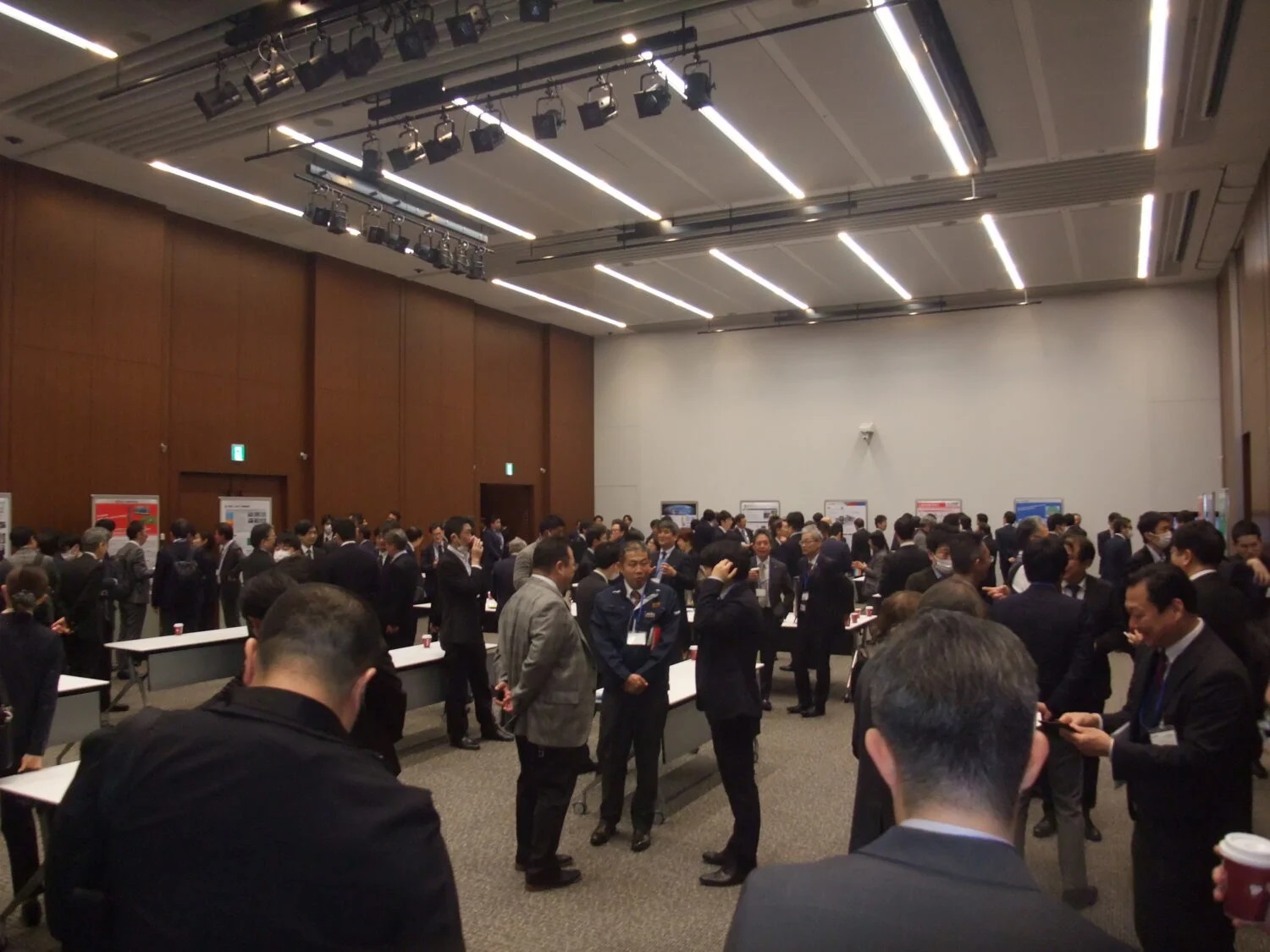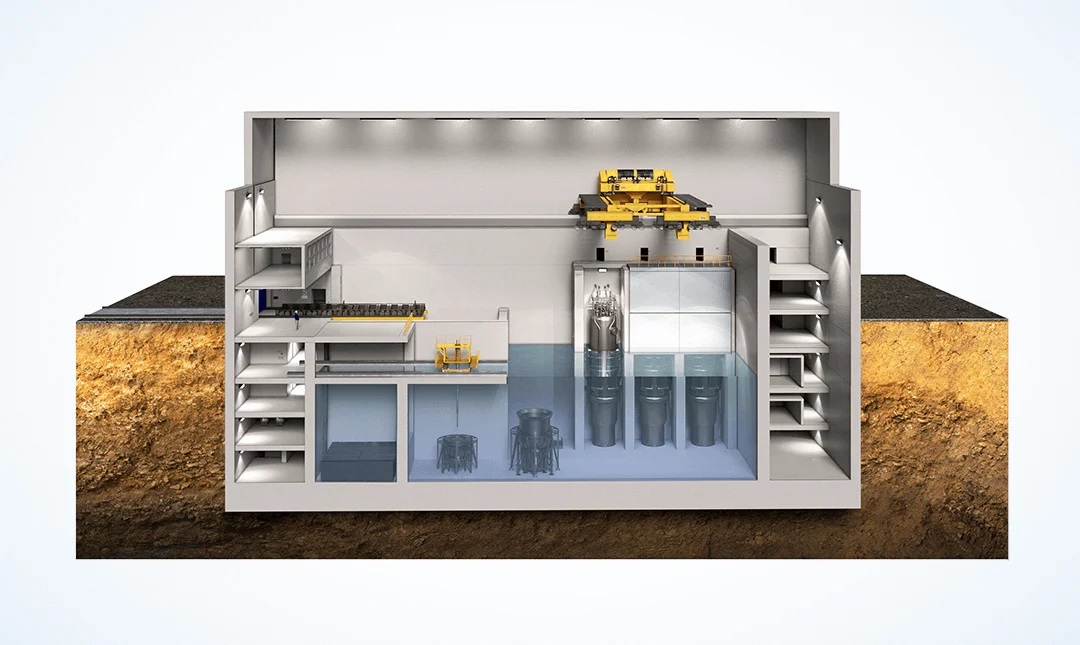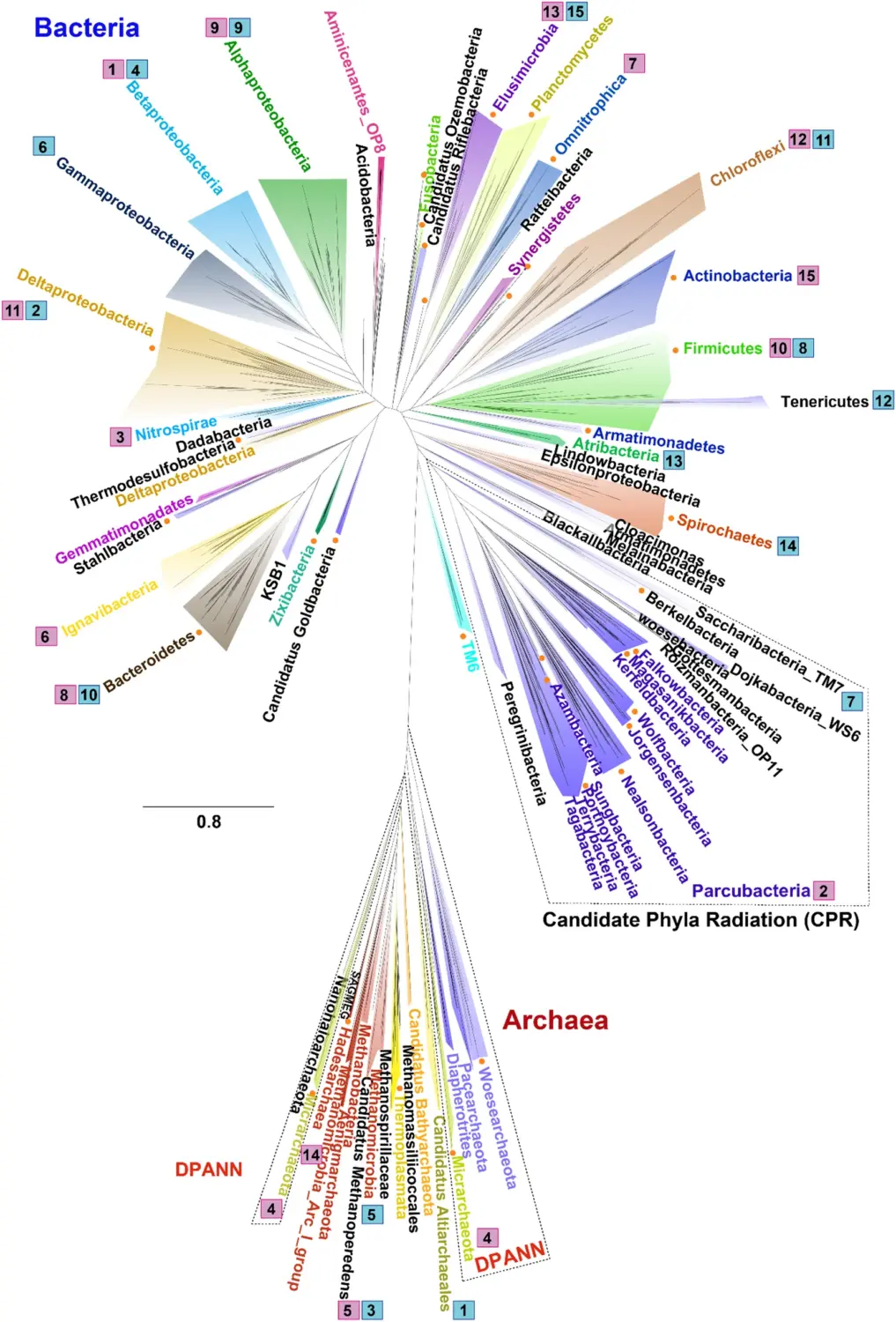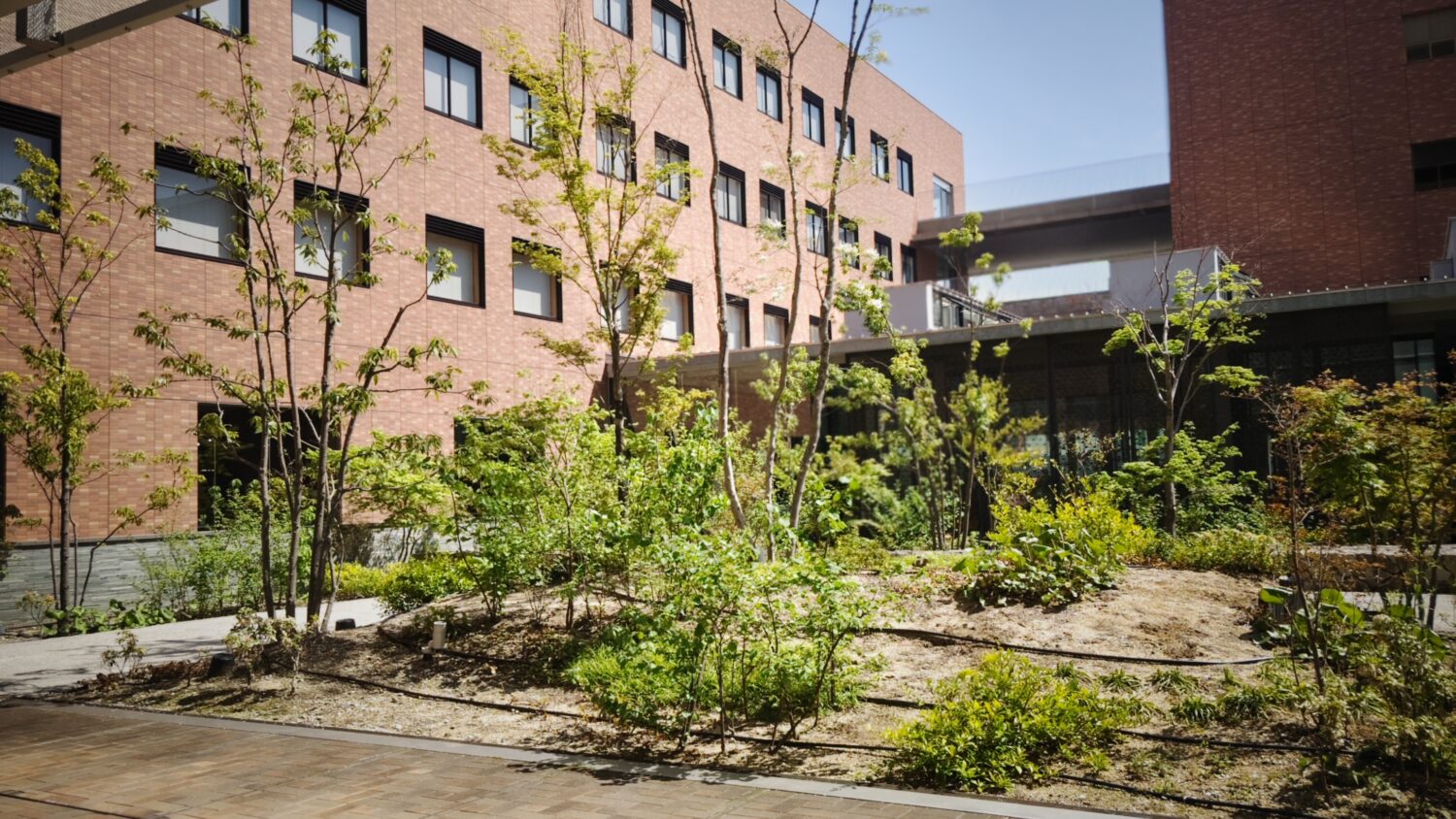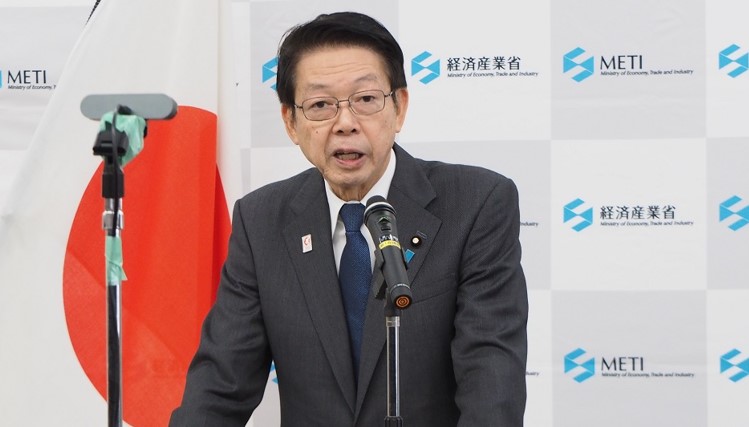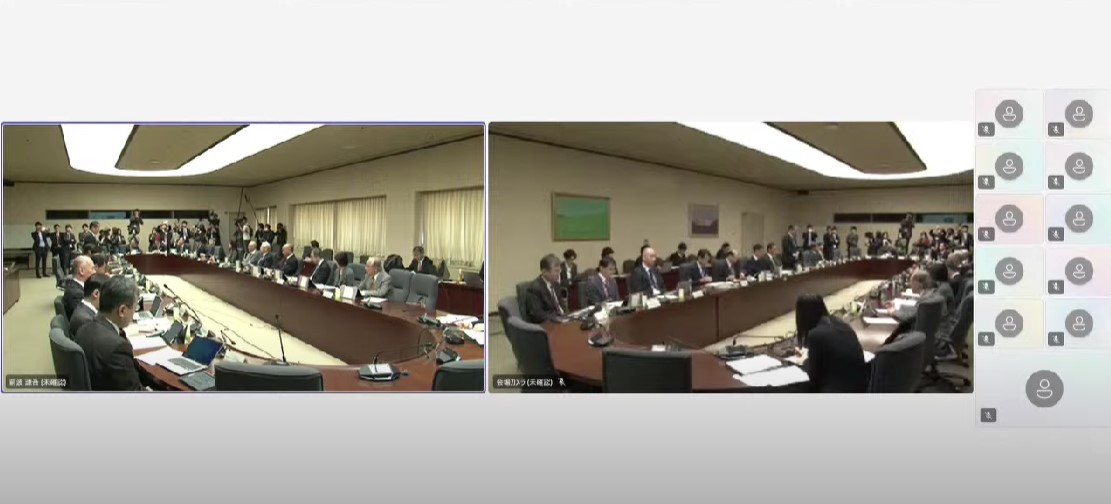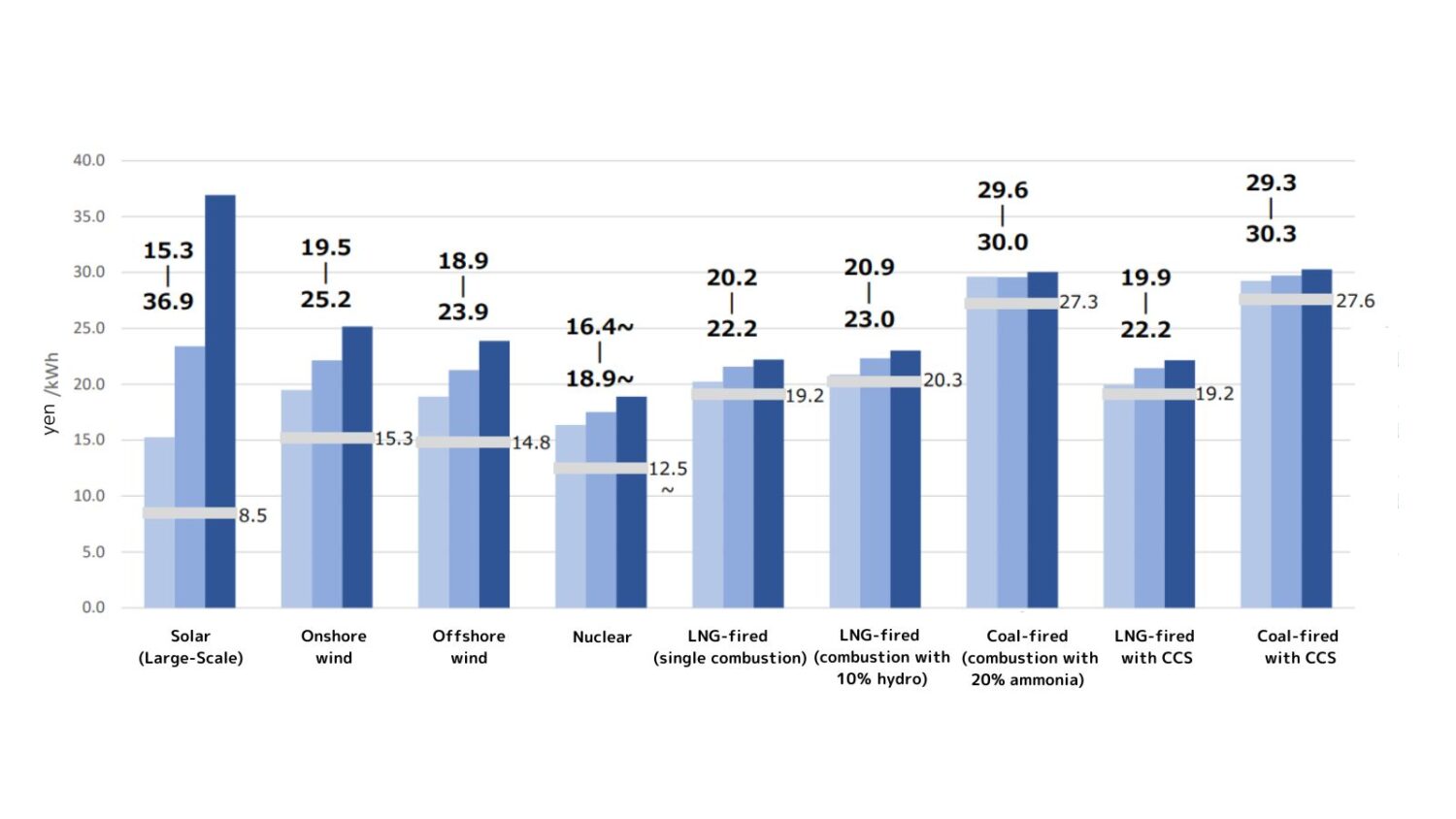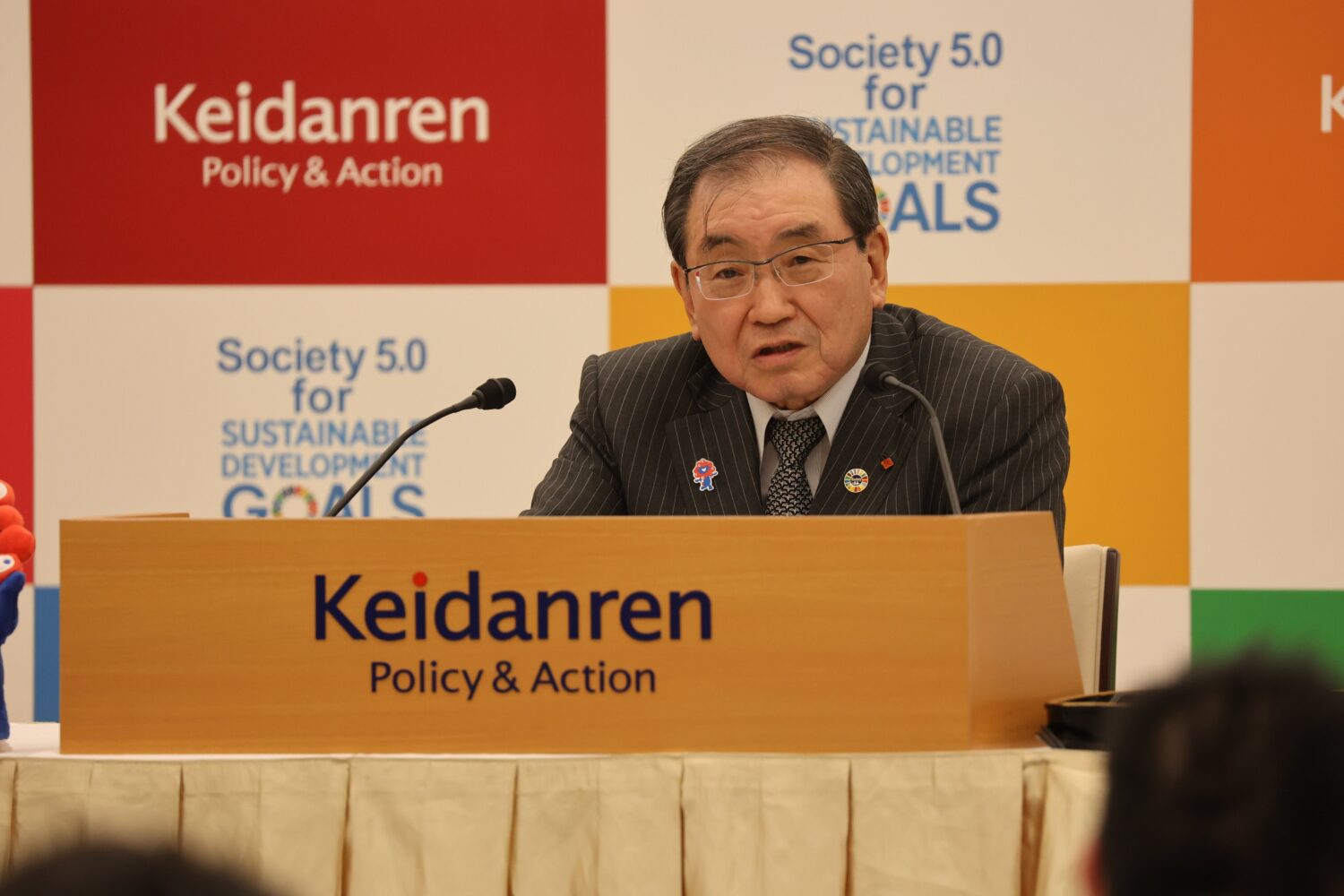As far as nuclear power is concerned, the party is moving toward asking the government to include the construction of new and replacement nuclear power plants (NPPs), while its coalition partner, the New Komeito Party, envisions “zero-nuclear, a society not dependent on nuclear power.” The calibration of the two positions is now a focal point.
Proposals for the next Strategic Energy Plan have been formulated by several parliamentary associations voluntarily formed among LDP members, and have been submitted to the government.
One of those, the Parliamentary Association for the Promotion of Stable Supplies of Electricity asked that nuclear energy be valued to the maximum extent, while the parliamentary association for promoting the dissemination of renewable energies called for the latter to have a share of 45 percent or more by 2030. The first group is chaired by Hiroyuki Hosoda, and the second by Masahiko Shibayama. While the two proposals are generally consistent, their points of emphasis differ.
Meanwhile, the Research Commission on Comprehensive Energy Strategy under the Policy Research Council and the Headquarters for Achievement of Carbon Neutrality by 2050 both made clear their positions that nuclear energy will be also valued, while renewable energies will be introduced to the maximum extent. The first of those groups is chaired by Fukushiro Nukaga, and the second by Toshihiro Nikai, under the direct supervision of LDP President Yoshihide Suga, the prime minister.
Additionally, the Research Commission on Environment and Global Warming Countermeasures emphasized the use of nuclear energy in a proposal for the Climate Change Measures Plan, and not in the next Strategic Energy Plan. The chairperson of the group, Shunichi Suzuki, stated that the research commission had “dared to include nuclear power” because of the uncertainties inherent in quests for innovation.
With support for use of nuclear energy coalescing within the LDP, its calibration with the position of the New Komeito Party is the focus of attention. According to sources in the energy industry, the latter appears concerned that going soft on nuclear power would alienate voters in the upcoming election – important to the party – for the Tokyo Metropolitan Assembly to be held on July 4, as well as in the next election for the House of Representatives, the lower house of the national Diet.
The New Komeito has not supported the construction of new NPPs so far, and it has also argued for the strict application of 40-year operating lifetimes for reactors, as well as seeking the review of spent fuel reprocessing. Those positions are all at odds with the direction that the LDP appears headed in.
Some within the Agency for Natural Resources and Energy (ANRE), under the Ministry of Economy, Trade and Industry (METI), have indicated that it is still unclear how the next Strategic Energy Plan will emerge, given the internal differences within the ruling coalition.


-1.png)


